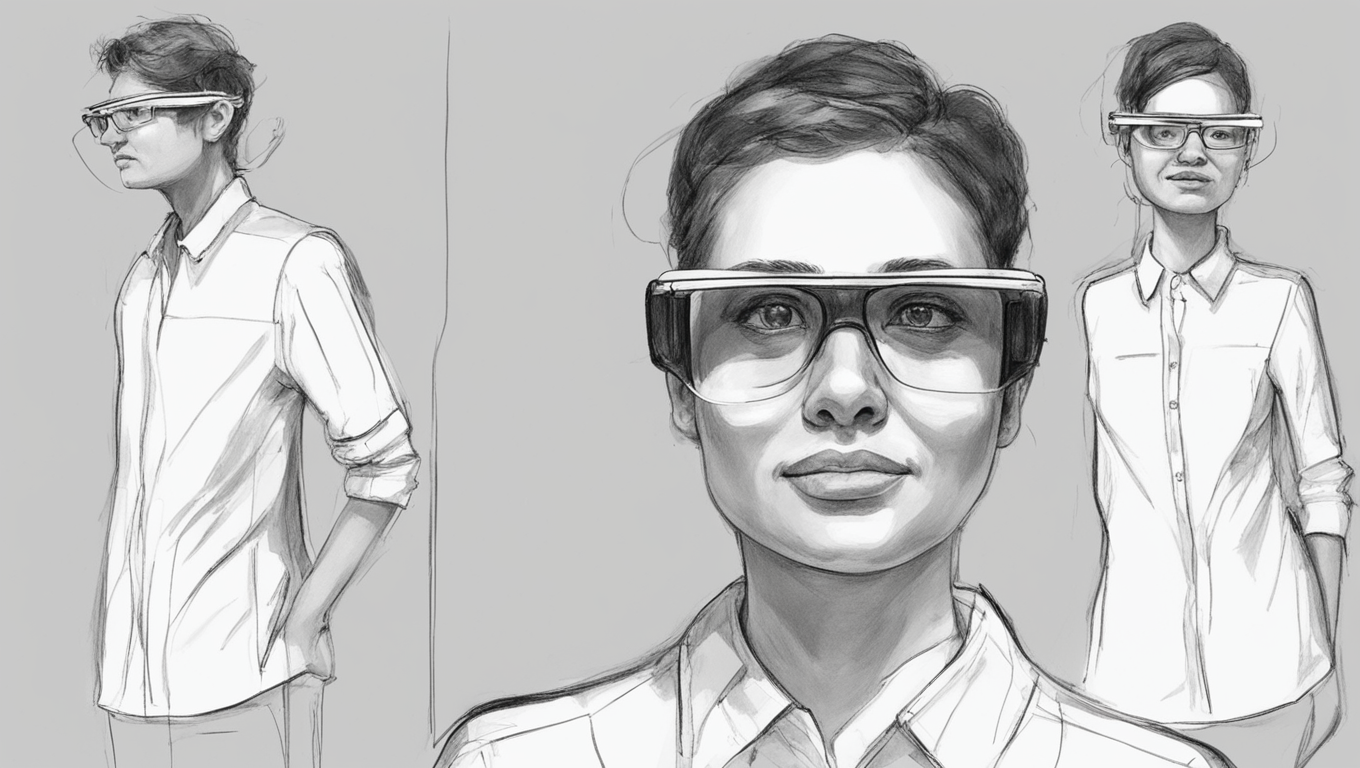Elon Musk’s Neuralink has just achieved a groundbreaking milestone - a human patient has become the first to receive their Telepathy brain chip, allowing them to control a computer cursor simply by thought. This development has sparked both excitement and concern, as Neuralink’s technology holds the potential to revolutionize brain disease treatment, restore lost senses like sight, and enable telepathic communication. However, the implications of this technology depend on which aspect of Neuralink one focuses on.
Neuralink, founded by Elon Musk in 2016, initially positioned itself as a medical research company aimed at creating a brain interface to address unmet medical needs. Lately, similar brain-computer interface (BCI) technologies have made astounding progress in restoring movement and revolutionizing communication. For instance, a man paralyzed in a cycling accident was able to walk again through the use of a wireless digital bridge reconnecting his brain and spinal cord. Another woman, who lost the ability to speak after a stroke, regained communication by controlling an avatar through her thoughts.
Neuralink is determined to be at the forefront of this revolution. With ongoing human testing, the company aims to create not just medical solutions for individuals with injuries but also to connect humans directly to the internet and facilitate telepathic communication. Elon Musk hopes to develop brain chips that allow people to control their devices, such as phones and computers, through thoughts alone. In his vision, the merger of biological intelligence and machine intelligence is crucial for humanity to stay economically valuable in an era of rapid advancements in artificial intelligence.
While the possibilities seem fascinating, they also raise serious questions. Neuralink’s ultimate goal of creating a “whole-brain interface” that connects humans like never before comes with concerns about privacy and control. As seen with the vulnerabilities of internet-connected devices, there may be risks associated with having a chip in our brains. For instance, police investigations might exploit brain implants capable of recording memories, potentially incriminating innocent individuals based solely on their proximity to a crime scene.
Furthermore, the integration of brain implants into society could become normalized to the point of becoming mandatory for future generations, a potential violation of personal freedom. There are even fears of brain implants being hacked to manipulate memories or force individuals to perform actions against their will. These scenarios evoke comparisons to dystopian science fiction, such as the chilling episode from the TV series “Black Mirror.”
With BCIs holding immense potential for restoring movement and transforming human life, it is crucial to address the ethical and legal challenges they present. Similar to the lag in properly addressing privacy concerns during the birth of the internet, we must be proactive in understanding and regulating the implications of this technology. Just last year, the UN issued warnings about AI chips that could jeopardize mental privacy. It is now imperative that we stay ahead of the game and ensure that brain chips, capable of controlling our minds, are developed responsibly and ethically.
In conclusion, Neuralink’s recent achievement in allowing a human to control a computer cursor through thought is a significant milestone in the evolution of brain-computer interfaces. While the possibilities are exciting, there are important considerations regarding privacy, consent, and the potential misuse of this technology. As we move forward, it is crucial to navigate the complex ethical landscape surrounding brain implants, so that we embrace their potential while safeguarding individuals and society as a whole.





Use the share button below if you liked it.